Undergraduate Major Programs

Environmental Science
The Biosphere Emphasis
Explore the interactions of microbes, plants, animals, and humans with their physical and chemical environments and learn how to apply biological principles to biodiversity while gaining a broad understanding of habitat conservation, restoration, and rehabilitation. Graduate with the expertise, confidence, and connections to solve environmental and human health challenges.

Environmental Studies
This major sheds light on the human dimensions of environmental issues. Explore techniques for addressing pressing social science issues and study physical science techniques as you learn about water, land use, food, energy, the built environment and climate from a critical perspective of policy and social science.

Food Studies
Gain knowledge to address pressing social and environmental problems in local and global food systems. An interdisciplinary approach that examines how food is connected to culture, society, policy, and the environment prepares students for careers any number of food-related fields, including education, public policy, entrepreneurship, and community development.
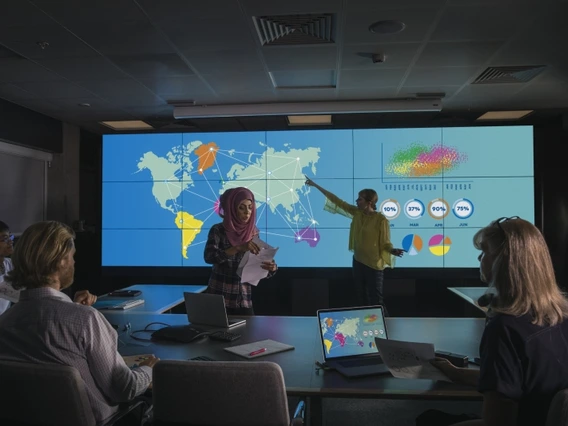
Geography
This interdisciplinary degree combines physical and social sciences; you may focus on specific world landscapes and cultures or on areas such as urban, political, economic or cultural geography, or on human-environment relations. Learn to analyze data and policy in order to address and research critical questions about the world you live in.
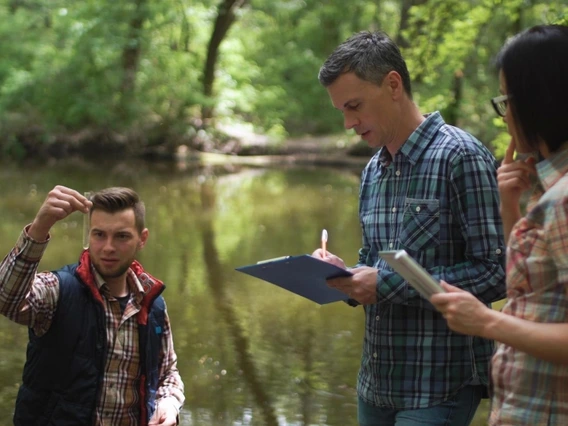
Geography
Water, Environment and Society Emphasis
Explore water supply and demand—a critical issue globally and in the Western U.S.—at a the world's No. 1 program in water resources. Courses examine key challenges and train you in the methods to address them, including remote sensing, geographic information science, and field methods, complemented by internships and research opportunities at renowned facilities and organizations.
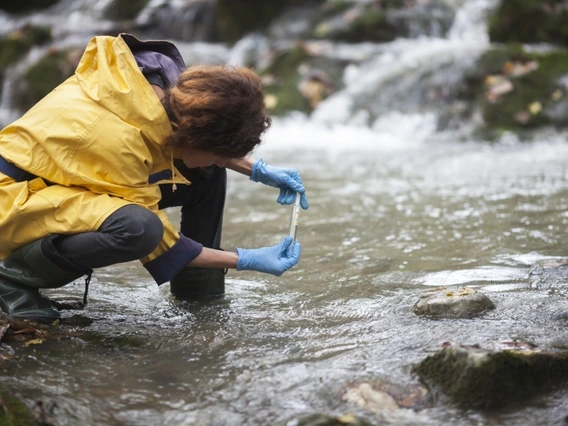
Geosciences
Earth, Ocean, and Climate Emphasis
Develop an understanding of Earth's climate—past, present, and future—and the important connections between the solid Earth, oceans, and atmosphere, and how they influence modern climate dynamics. Graduates pursue careers in environmental geology and scientific research in fields such as oceanography, climate science, surficial processes, paleoclimate, paleoecology and more.
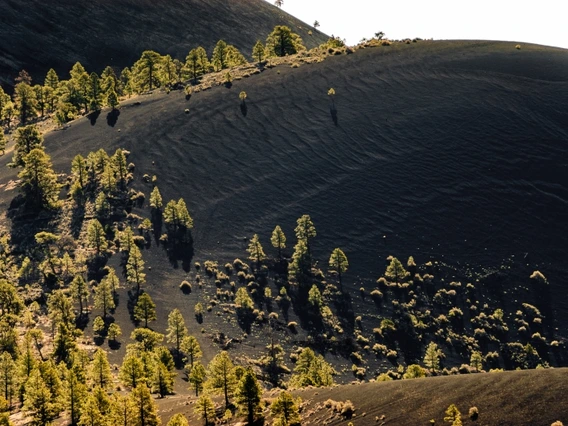
Geosciences
Geophysics Emphasis
Learn fundamental concepts in geosciences including the basic structure of the Earth, major events in the evolution of life on Earth, plate tectonics, formation and importance of Earth materials and natural resources, processes that shape and change our planet, and linkages between humans and our physical environment.
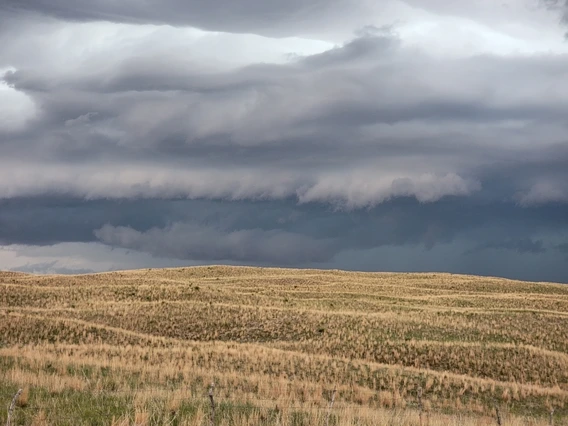
Hydrology and Atmospheric Sciences
Atmospheric Sciences Emphasis
Battle climate change and the impacts of severe weather in at-risk communities by analyzing weather and climate, forecasting, and assessing effects on the planet and people. Following requirements of the National Weather Service, the American Meteorological Society, and the World Meteorological Organization, this major translates to a variety of careers in corporations, nonprofit organizations, and government agencies.

Mathematics
Probability and Statistics Emphasis
Master mathematical theory and hone your logic and reasoning skills in this major, positioning yourself for in-demand roles across business, tech, and research. This major caters to students aspiring to attend graduate school in statistics, economics, or a related subject. Must include a minor outside of the Department of Mathematics.

Molecular and Cellular Biology
Systems and Big Data Biology Emphasis
Learn about applications of data science to research and analysis methods and the communication of findings in courses in mathematics, statistics, computing, and core coursework in biology, participate in laboratory research through the senior thesis and capstone units, and graduate ready for graduate-level study and careers that are in high demand.
Pagination
- First page
- …
- 1
- 2
- 3
- …
- Last page
Environmental Themes
Career Fields












